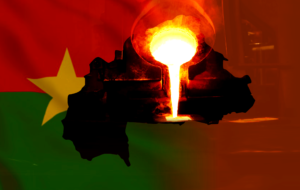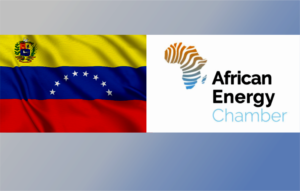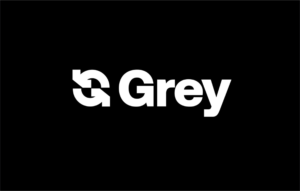Africa’s Largest Waterway Investment Sets Sail in Lagos: A $410 Million Bet on the Future
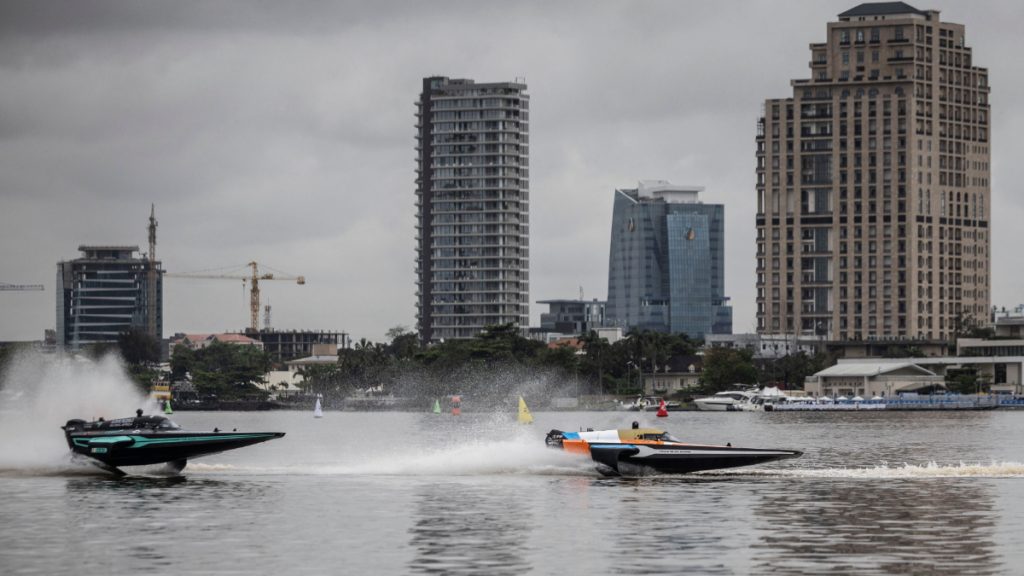
Lagos, Nigeria, a city famous for its gridlocked roads and restless energy, a quiet revolution is taking shape on the water. The Lagos State Government has launched the $410 million Omi Eko Project, a bold initiative that could transform how millions move, work, and live in Africa’s largest metropolis.
Backed by the European Union, the French Development Agency (AFD), and the European Investment Bank (EIB), the project marks Africa’s biggest investment in water transport to date. Its mission: to turn Lagos’ waterways into bustling arteries of sustainable mobility.
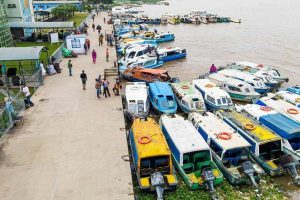
Over the next few years, 70 hybrid-electric ferries will glide through the city’s lagoons and creeks, linking 20 modern terminals across 15 major routes. The plan goes beyond easing the daily commuting. It is designed to slash carbon emissions by 41,000 tonnes annually, boost local enterprise, and open new frontiers for waterfront development.
For families who spend hours trapped in traffic, the promise of a cleaner, faster, and more reliable alternative feels almost personal. For business owners, it’s a chance to tap into new logistics routes and tourism potential. And for Lagos itself, a city of over 20 million persons, it’s a statement of intent: that Africa’s megacities can innovate their way toward a greener, more connected future.
As ferries begin to set sail, Omi Eko (meaning “Water of Lagos” in Yoruba) is more than an infrastructure project. It’s a reimagining of urban life, where the tides, not traffic, could soon set the rhythm of Africa’s most dynamic city.


